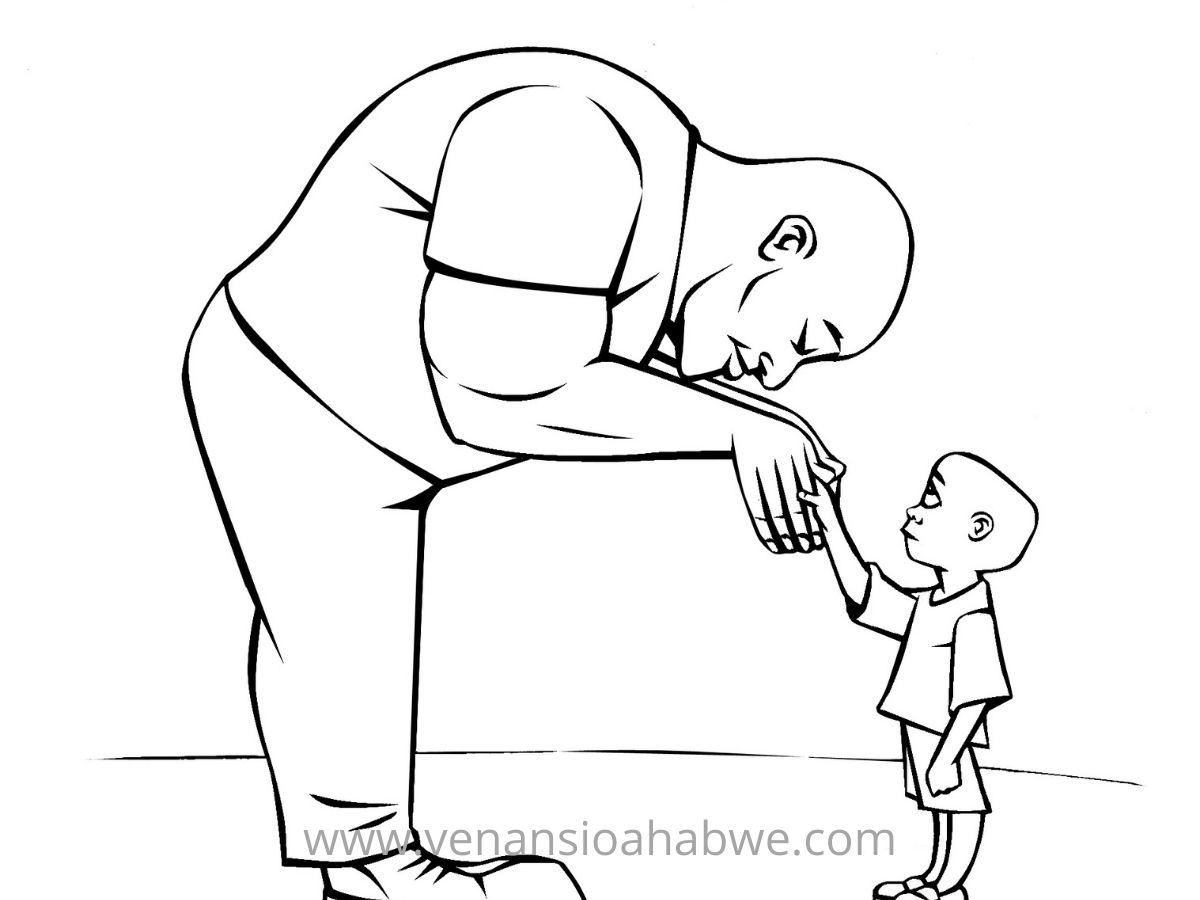
Accept Humiliation, Keep Your Dignity
- Category: Gospel Truth
- Date 19-02-2017
- 1466 views
“I will demean myself even more than this, and will be humiliated in my own eyes, but I will be honoured by the female servants you are talking about!” (2 Samuel 6:22).
King David made this remark to Michal who despised him. She said that David had abused his status as a king by dancing in the street, together with other worshippers, as they accompanied the ark of God. Wearing a sleeveless garment, “… David was dancing before the Lord with all his might…” (v.14). As a result, Michal complained that David had embarrassed himself by “…going around half-naked in full view of the slave girls of his servants …” (v.20). The woman blamed David because he was considered to be too important to participate in a dance which would have been fit for mere commoners. In response, David said that he was ready to do anything, no matter how humiliating, for the honour and glory of God.
Humiliation means that a person has been minimised to the lowest level and thus has been ‘reduced to dust’. ‘Humiliation’ comes from Latin ‘humilis’, which means ‘humus’ or ‘ground’. When humiliated, you feel belittled, insulted, embarrassed and altogether disrespected. Humiliation occurs when someone realises and feels that his worth has been lowered in the eyes of other people. To humiliate is to degrade someone in order to make him ashamed. People who are willing to tolerate humiliation are said to be humble, and are gifted with the virtue of humility.
A saying from Africa teaches that ‘a soft snake can easily swallow a hard object’. Humility is generally considered a strength and, as a result, some people derive power from humiliation. Accepting humiliation means the absence of pride whereby a person does not get bothered when humiliated. One is able to show simplicity even when they are disrespected. The likely result is that humiliation will not sink into the character of the victim and will also last for a short span. The end product is victory. Teaching about humility, Jesus Christ said, "Blessed are you when people insult you and persecute you, and falsely say all kinds of evil against you because of me” (Matthew 5:11).
The Jews were waiting for the Messiah (Saviour) as foretold by different prophets. They believed that such a Messiah would be a mighty being whose style would be to conquer, dominate and rule the nation. However, Prophet Isaiah went against the popular feeling when he painted a ‘nasty’ image of the Messiah as ‘the suffering servant’. He said, “I gave my back to those who strike me, and my cheeks to those who pluck out the beard; I did not cover my face from humiliation and spitting” (Isaiah 50:6). Isaiah thus indicated that the Saviour would be treated with utmost contempt and disgrace. It would be from such a battered state, ironically, that he would derive victory and redemption for the people of God.
Human beings fear humiliation and many are willing to avoid it by all means possible. Jesus Christ affirmed the prophecy of the suffering servant as he told his disciples, “…the Son of Man… will be handed over to the Gentiles and will be mocked and insulted and spat upon” (Luke 18:32). The disciples believed, however, that the Saviour deserved honour and glory, other than humiliation. Therefore, Peter protested and “… took (Jesus) aside and began to rebuke him: ‘Far be from you, Lord! This shall never happen to you!” Like most other human beings, the disciples were only too happy to associate with Jesus as a leader who was admired, not despised or endangered. They were uncomfortable to imagine that the Son of God could accept humiliation. How could the heavenly king tolerate this?
Later, St Paul explained that although Jesus was God, he accepted to become an object of public mockery. He reduced himself to a state of humiliation among men and led a life of poverty and suffering, to a point of dying on the cross: “… (Jesus Christ) existed in the form of God… but emptied himself, taking the form of a servant…. He humbled Himself by becoming obedient to the point of death, even death on a cross” (Philippians 2:6-8). Hanging a person on the cross was meant not merely to ensure a slow and painful death but also to humiliate the victim by displaying him as an example of bad character, unfit for a dignified death.
The first Christian martyr, St. Stephen was disgracefully murdered. When he talked about Jesus Christ, the people treated him like a criminal, “…they covered their ears and yelling at the top of their voices, they rushed at him, dragged him out of the city and began to stone him” (Acts 7:57-58). Stephen accepted the public disapproval which culminated into a cruel and humiliating death. It was painful but he reacted with amazing dignity as he fell on his knees and said, “Lord, do not count this sin on them” (v.60).
Humility, however, should be adopted if only it is meant to achieve a moral objective. A problem arises when other people are able to manipulate a humble character for evil motives. A humble secretary may be used to forge records; a humble student may be sexually exploited; a humble suspect may be persuaded to confess to a crime they have not committed; or a humble client may be cheated in business. The humiliation that arises from a person’s acceptance to participate in a wicked scheme is a moral matter and should not be entertained.
Venansio Ahabwe is a lay Christian from the Archdiocese of Mbarara
By Venansio Ahabwe
Source: Gospel Truth, Leadership Magazine
